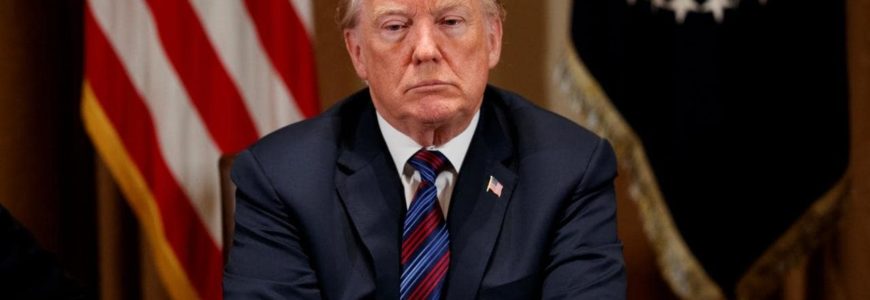
President Donald Trump’s Iran policy has been reckless as regards Iran—it all but invites Tehran to return to an unconstrained nuclear program, and it reduces U.S. credibility to bargain on other contentious issues. But it has been far more reckless on the far more consequential matter of America’s relationships with allies and partners and especially the U.S.’s central role in the world financial system. Iran can be a problem, but it is not worth gambling the economic and political benefits the U.S. receives as the world’s banker.
The administration now has an opportunity—maybe its best remaining opportunity—to minimize the risk to U.S. financial centrality.
The European Union is inching closer to establishing a new financial mechanism to facilitate trade with Iran despite tightening U.S. sanctions. The EU is likely to make announcements this month, tied to the third anniversary of the nuclear deal’s full implementation in January 2016.
This is a severe risk for U.S. financial dominance over the mid- to long term. It opens up the possibility of Europe developing a banking infrastructure that does not run through New York, threatening the tremendous influence the U.S. enjoys as the global backbone for even simple banking operations. If the Trump administration perceives and responds to this danger, it can reduce the risk with minimal changes to its “maximum pressure” approach to Iran.

